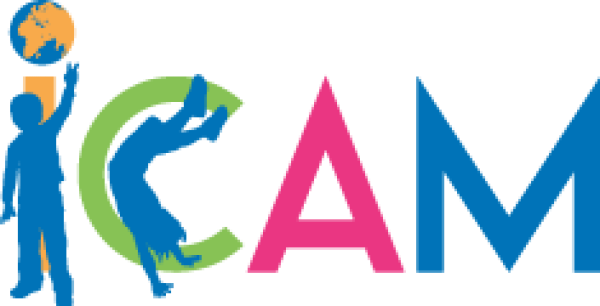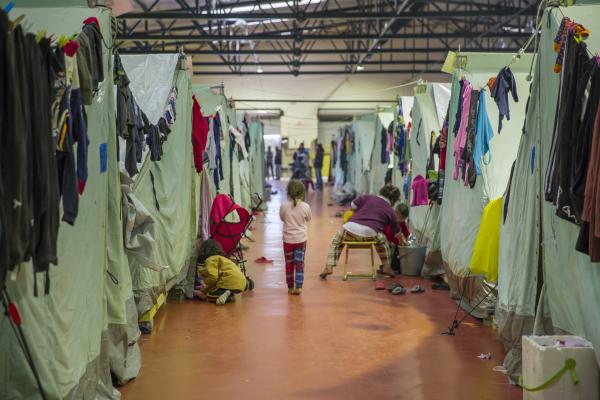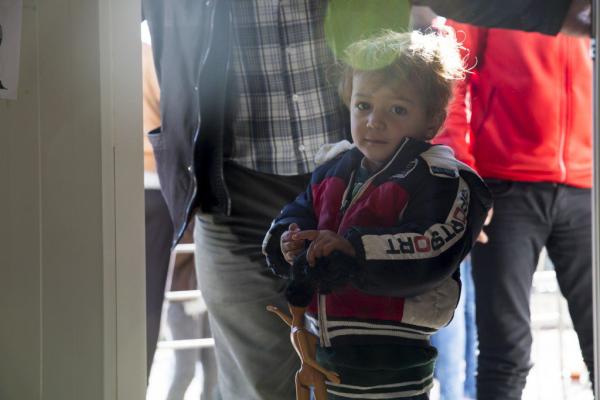
CAM are children who, for whatever reason, have suffered from displacement, separation or loss as a result of migration. They may:
• Be asylum seekers, refugees, economic or social migrants.
• Be accompanied by their families, or have travelled alone.
• Be fleeing war or other disasters.
• Have had difficulties on their journeys.
• Have recently arrived to or been in the country for some time.
• Feel secure or be uncertain of their future
• Be left behind by parents migrating to work in another country
The 2-year Erasmus+ funded ICAMnet project is designed to generate and test models for country by country dissemination of the developed and successfully trialled, Including Children Affected by Migration (ICAM) programme.
In December 2018, the ICAM programme completed highly successful trials in pilot schools in 4 partner countries: Italy, Spain, Romania and the UK. The programme is now available to help improve school inclusion of approximately 10.5 million CAM in Europe, including approximately 2.5 million children left behind by parents migrating for work, so that all can fully access their right to quality education.
UNHCR reports that the recent influx of migrants has fuelled a further rise in racism, violence and intolerance, resulting in the added exclusion of CAM from the education they are entitled to.
The ICAM programme increases access to learning and improves the learning capacity of CAM by enhancing the climate of convivencia (living in harmony) in schools, by raising awareness of the rights they are entitled to, and by providing additional support for their social and emotional well-being in school and at home. This includes reducing bullying in school, to which CAM are particularly vulnerable.
Based on best practices for inclusion, ICAM has developed effective, national, school-level cascade training programmes, coupled with extensive materials and handbooks to help school staff and parent/carers in the home create convivencia and restore the ability of CAM to develop into valued citizens in a safe and secure learning environment.
The ICAMnet project will develop and test the upscaling and dissemination of the ICAM programme to all schools at the county or city level in Italy, Spain, Romania, and the UK, and in two other European countries that will be selected in the second year of the project, so that national education and welfare agencies across Europe will have models for disseminating the ICAM programme in their schools and homes.
Eurochild members with an interest in working to support Children Affected by Migration are encouraged to get in touch with the ICAMnet team, who will be delighted to hear from you.
Please contact:
The ICAMnet partners: icamprog(at)gmail(dot)com
Eurochild Secretariat: Agata D’Addato agata.daddato(at)eurochild(dot)org
For more information: https://www.icamproject.eu
Read more about the ICAM workshop at the Eurochild 2018 conference in Opatija, Croatia.













